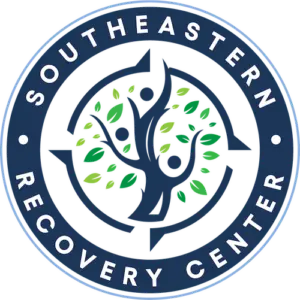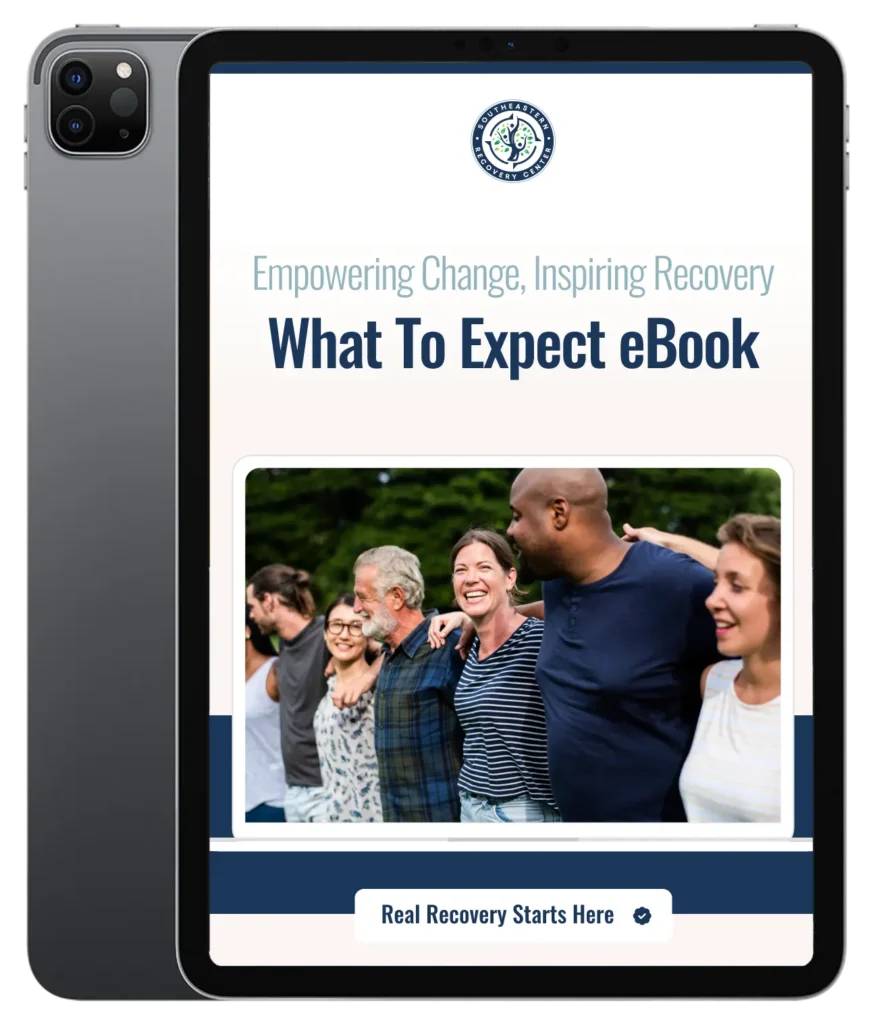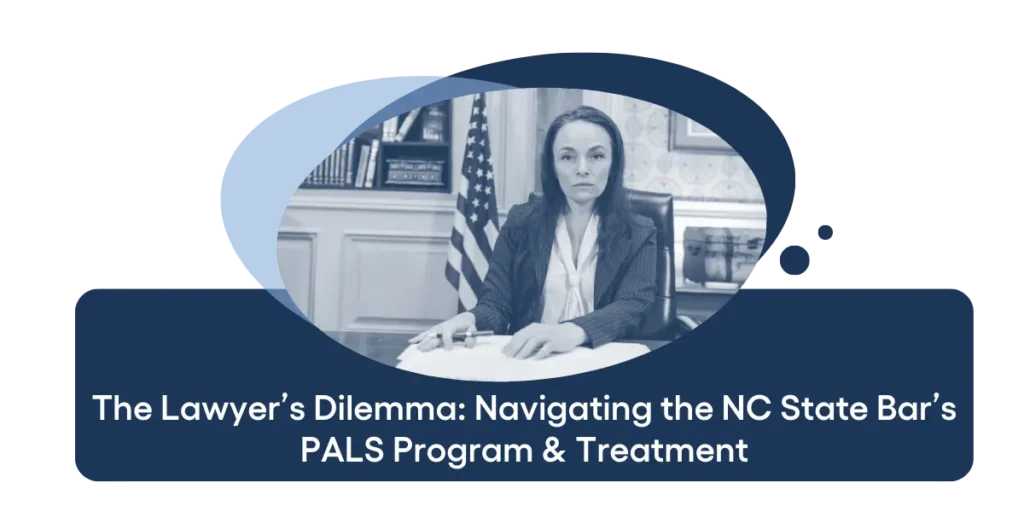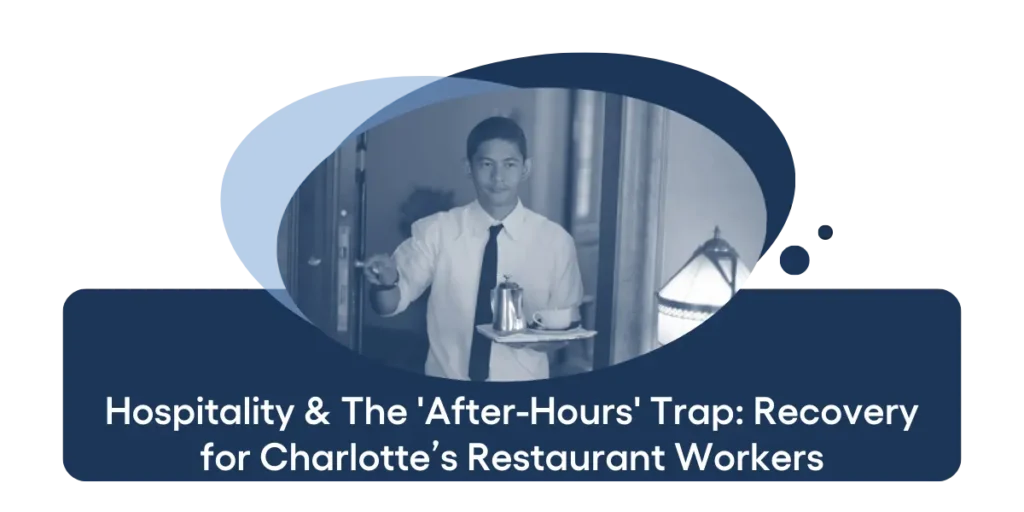Suboxone, when abused (not taken as prescribed) can become addictive, especially for those overcoming an opioid addiction.
Suboxone has become a go-to medication for people trying to break free from opioid addiction, but that doesn’t mean it’s risk-free. Many are now asking whether Suboxone itself can be addictive, and the answer isn’t always straightforward.
In this article, we’ll dive into everything you need to know about Suboxone, including the possibility of addiction, whether you can get hooked on it, and the telltale signs of misuse. By the end, you’ll have a much clearer understanding of whether Suboxone is the right choice for you or someone you care about and what to watch out for if you’re concerned about its misuse.
What is Suboxone and How Does It Work?
Suboxone is a combination drug made up of two components: buprenorphine and naloxone. The buprenorphine part is a partial opioid agonist, which means it interacts with the same receptors in your brain as other opioids like heroin or prescription painkillers. However, it does so in a much gentler way, meaning it doesn’t create the same intense high.
The naloxone component is added to prevent people from tampering with the drug. If someone tries to inject Suboxone or take it in a way that wasn’t prescribed, the naloxone kicks in and triggers withdrawal symptoms, making it less likely that people will abuse it.
So why do people use Suboxone? The medication is a key part of medication-assisted treatment (MAT) for opioid addiction. When used correctly, Suboxone can help reduce cravings, prevent withdrawal, and keep people on the path to recovery.
Studies show that MAT, including Suboxone, can increase the likelihood of staying in treatment by up to 50% compared to those who try to quit cold turkey.
Can You Get Addicted to Suboxone?
Here’s the million-dollar question: Can you get addicted to Suboxone? The answer isn’t black and white.
Yes, you can develop a dependence on Suboxone, but it’s a bit different from the full-blown addiction that you see with other opioids. The buprenorphine in Suboxone is an opioid, but because it’s a partial agonist, it doesn’t fully activate the opioid receptors in your brain. This lowers the chances of feeling euphoric or “high,” making it less likely that someone will abuse the drug. It also has a ceiling effect, meaning that after a certain point, taking more of the drug won’t increase its effects.

That said, people can still misuse Suboxone. Some individuals might take more than prescribed or continue using it long after their treatment plan ends. According to a report by the National Institute of Health (NIH), about 29.2% of people who were prescribed buprenorphine misused it in some form, which highlights that while it’s uncommon, it’s not impossible.
Additionally, studies reveal that around 10% of individuals in treatment programs misused their Suboxone prescription by either taking larger doses or using it improperly. While these numbers are far smaller than those for other opioids, they still suggest a potential risk.
How to Recognize Suboxone Addiction
Suboxone misuse doesn’t always look the same as an addiction to other drugs, but there are still signs to watch out for.
Recognizing these signs early can make a huge difference in getting help. Here are some red flags:
- Cravings: If someone begins to experience overwhelming cravings for Suboxone, even when it’s not time for their next dose, this could be a sign of developing dependence.
- Taking More Than Prescribed: A big warning sign is when someone starts taking more Suboxone than their doctor has prescribed. This is often an attempt to amplify the drug’s effects, even though Suboxone has that ceiling effect we talked about earlier.
- Withdrawal Symptoms: If someone feels sick when they miss a dose, they may be experiencing withdrawal symptoms like nausea, sweating, anxiety, or muscle aches. These are classic signs of opioid withdrawal.
- Doctor Shopping: Some individuals may try to get multiple prescriptions by visiting several doctors to avoid being cut off from their supply.
- Neglecting Responsibilities: When Suboxone use begins to interfere with work, school, or home responsibilities, it’s a strong indicator that something is wrong.
- Using It to Cope: People with Suboxone addiction may start using the medication to deal with anxiety, depression, or emotional stress, rather than for its intended use.
If you or someone you know is showing any of these signs, it’s crucial to seek help. Addiction is complex, and the sooner it’s addressed, the better the chances of recovery.
What Are the Risks of Long-Term Suboxone Use?
It’s important to know that long-term use can lead to physical dependence, meaning that if you suddenly stop taking the medication, you may experience withdrawal symptoms.
For many people, Suboxone can be a long-term treatment. People who take Suboxone as prescribed over long periods are not necessarily “addicted” in the same way that someone might be to heroin or oxycodone, but they can develop a dependence. The good news is that doctors can help taper the dose gradually to minimize withdrawal symptoms, making it easier to stop using Suboxone when the time is right.
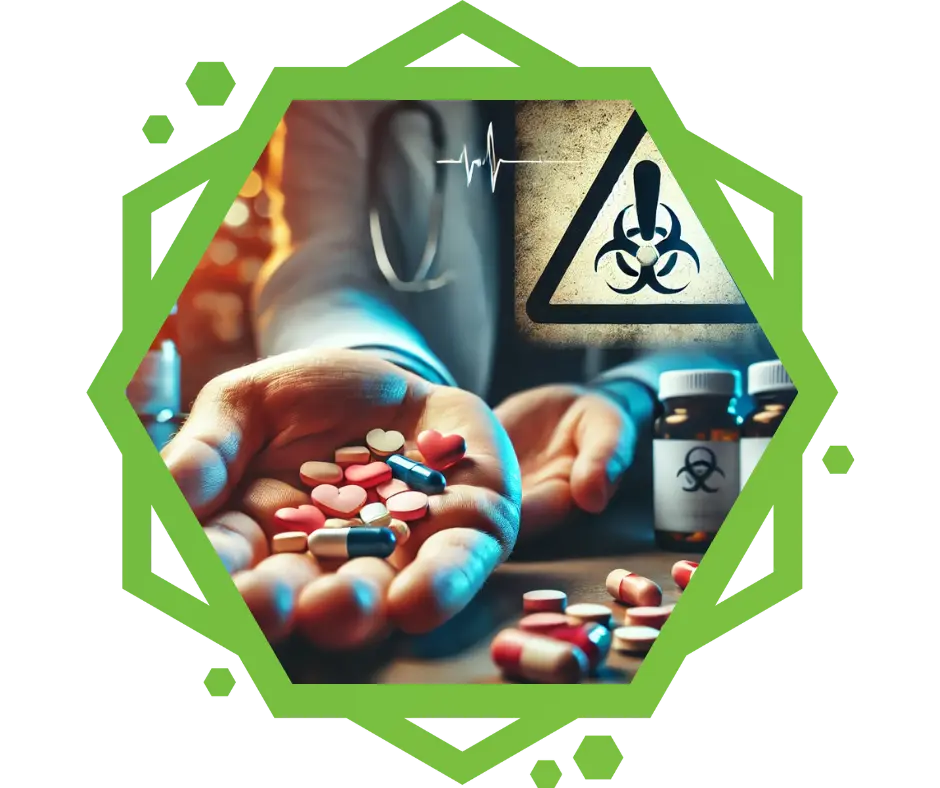
Treatment for Suboxone Addiction
If someone does develop an addiction to Suboxone, treatment is available. Treatment options for Suboxone misuse often mirror those used for other types of substance use disorders:
- Tapering: Gradually reducing the dose under medical supervision to avoid withdrawal symptoms.
- Behavioral Therapy: Counseling methods like Cognitive Behavioral Therapy (CBT) or Motivational Interviewing (MI) can be effective in helping individuals understand and change the behaviors contributing to their addiction.
- Support Groups: Organizations like Narcotics Anonymous (NA) provide peer support and encouragement throughout the recovery process.
- Alternative Medications: Some healthcare providers may switch patients from Suboxone to another medication like naltrexone, which helps reduce cravings and can be less addictive.
The Bigger Picture: Opioid Addiction and Suboxone’s Role
The opioid crisis continues to be a significant public health issue. According to the Centers for Disease Control and Prevention (CDC), more than 81,000 people died from opioid overdoses in the United States in 2021 alone.
Suboxone is one of the few tools available to combat this staggering statistic, as it has been proven to reduce opioid overdose deaths by 50% when used as part of MAT.
While Suboxone isn’t a miracle cure, it can be a lifesaving medication when used properly. Like any treatment, it comes with risks, and those risks need to be managed carefully. The key is open communication between patients and healthcare providers to ensure that Suboxone is used effectively and safely.
Is Suboxone Right for You?
For those recovering from opioid addiction, Suboxone can offer a path to recovery, reducing cravings and minimizing withdrawal symptoms. But it’s important to stay vigilant and be aware of the potential risks, ensuring that the benefits always outweigh the downsides.
If you or someone you know is struggling with addiction or with Suboxone use, reach out to Southeastern Recovery Center for more information about our addiction treatment programs. We offer a personalized approach to addiction treatment and can address concerns that you may have regarding Suboxone use.
